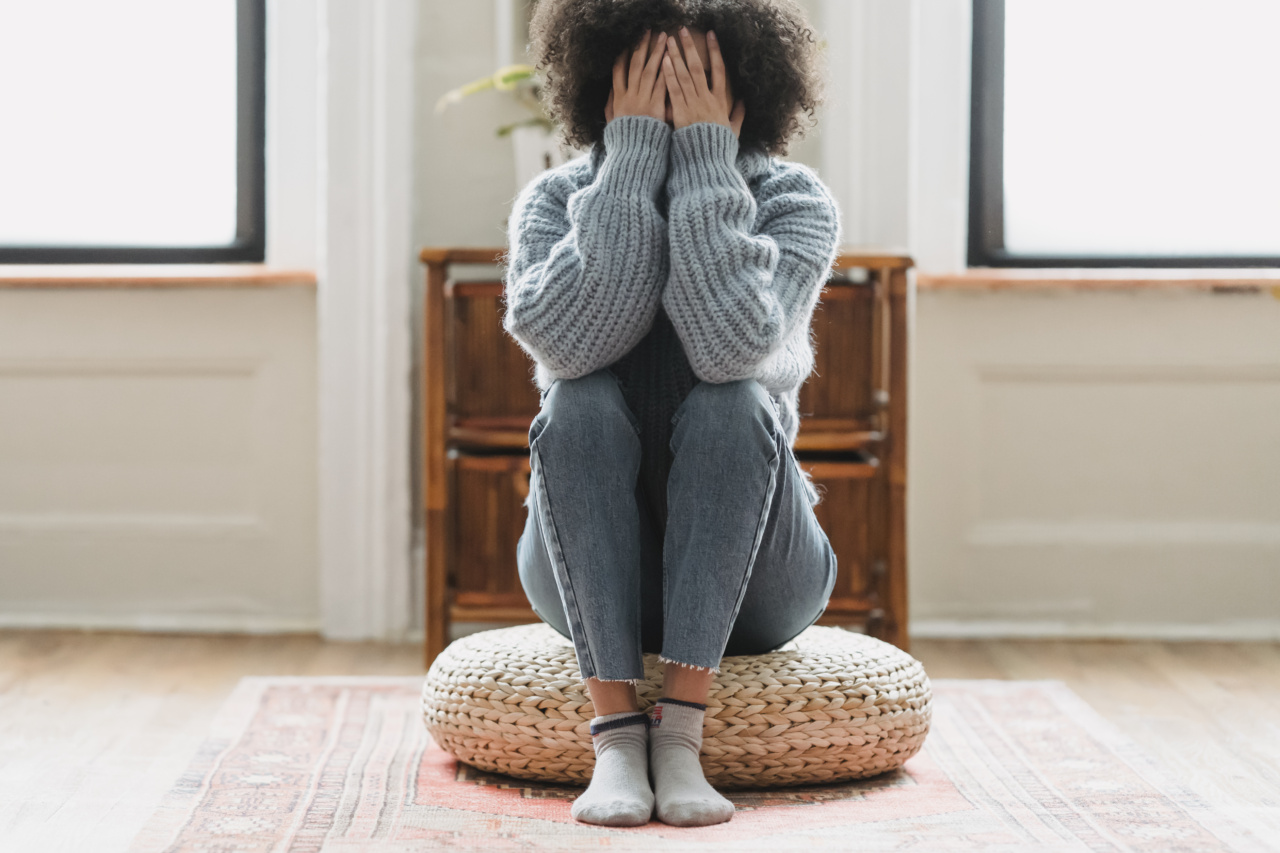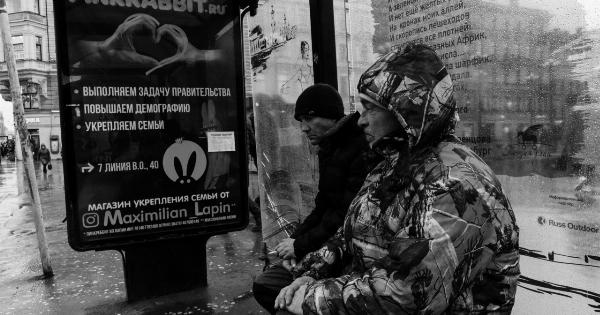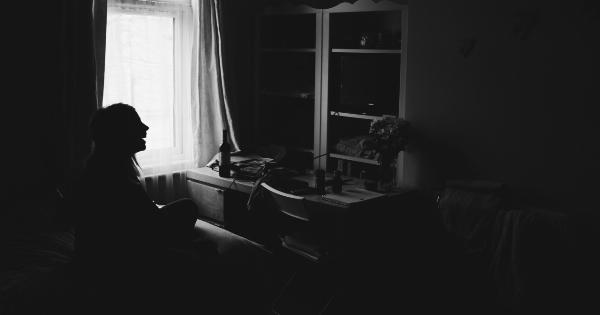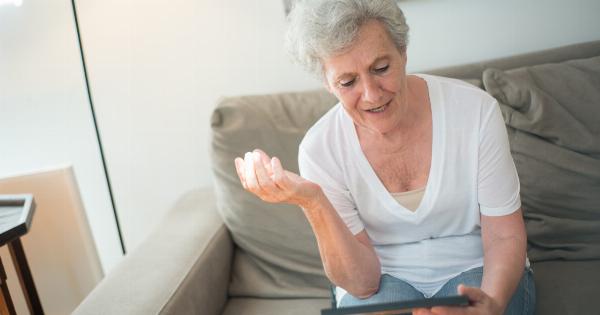Depression is a mental health disorder that affects millions of people worldwide. It not only impacts the mind but also has profound effects on the body.
In this article, we will explore the visual representation of a depressed body and how it manifests in various ways.
Physical Symptoms of Depression
Depression can manifest in several physical symptoms that are often overlooked or attributed to other causes. These symptoms may include:.
1. Fatigue and Low Energy
One of the most common physical symptoms of depression is the feeling of constant fatigue and low energy levels. This can make even the simplest tasks feel overwhelming and exhausting.
2. Changes in Appetite and Weight
Depression can lead to noticeable changes in appetite, causing significant weight loss or gain. Some individuals may experience a loss of appetite and a decrease in weight, while others may turn to food as a source of comfort, resulting in weight gain.
3. Sleep Disturbances
Sleep disturbances are another common physical manifestation of depression.
Some individuals may experience insomnia, finding it difficult to fall asleep or stay asleep, while others may have excessive sleeping, feeling constantly fatigued despite getting enough rest.
4. Body Aches and Pains
Depression can manifest as physical pain, including headaches, backaches, muscle aches, and joint pain. These symptoms are often attributed to stress and tension in the body caused by the emotional burden of depression.
5. Digestive Problems
Depression can also affect the digestive system, leading to various gastrointestinal issues such as stomachaches, diarrhea, and constipation. The gut and the brain are closely connected, and disturbances in one can influence the other.
Psychomotor Symptoms of Depression
In addition to physical symptoms, depression can also have psychomotor manifestations that affect a person’s movements, coordination, and overall physical function. These symptoms may include:.
1. Agitation and Restlessness
Feeling restless, agitated, or having the constant urge to pace back and forth are psychomotor symptoms commonly associated with depression. It can be challenging for individuals experiencing these symptoms to sit still or relax.
2. Slowed Movements
On the contrary, some individuals with depression may experience slowed movements, also known as psychomotor retardation. This can involve a noticeable decrease in speech, decreased motor activity, and an overall feeling of sluggishness.
3. Poor Posture and Slumped Body Language
Depression can lead to changes in posture and body language. Individuals may exhibit a slouched or hunched posture, avoiding eye contact, and displaying minimal movement. This can convey a sense of sadness, low self-esteem, and lack of engagement.
4. Lack of Motivation and Interest
Psychomotor symptoms of depression often contribute to a significant lack of motivation and interest in once-enjoyed activities. Individuals may find it difficult to initiate or complete tasks, engage in hobbies, or participate in social interactions.
Emotional Manifestations of a Depressed Body
Beyond physical and psychomotor symptoms, a depressed body also exhibits several emotional manifestations. These can significantly impact one’s overall well-being and include:.
1. Persistent Sadness and Hopelessness
One of the core emotional symptoms of depression is an overwhelming sense of sadness and hopelessness. Individuals may find it challenging to experience positive emotions and maintain a sense of optimism about the future.
2. Increased Irritability and Frustration
Depression can manifest as increased irritability and frustration, leading to a shorter temper and decreased tolerance for stressors. The smallest inconveniences or setbacks may trigger intense emotional reactions and outbursts.
3. Loss of Interest in Pleasurable Activities
Anhedonia, or the loss of interest in activities once deemed pleasurable, is a common emotional manifestation of depression. Hobbies, socializing, and other enjoyable activities may no longer provide satisfaction or joy.
4. Feelings of Guilt and Worthlessness
Individuals with depression often experience excessive guilt and feelings of worthlessness. They may blame themselves for their condition, perceive themselves as a burden to others, or believe they are fundamentally flawed.
Conclusion
Depression is a complex mental health disorder that affects not only the mind but also the body.
From physical symptoms such as fatigue and changes in appetite to psychomotor manifestations like agitation and slowed movements, a depressed body showcases various signs of distress. Emotional manifestations including persistent sadness, irritability, and loss of interest further contribute to the overall burden of depression.
It is important to recognize and seek help for these manifestations, as treating both the mind and body is crucial in the journey towards healing.



























